Know These Latest AI Chatbots Trends & Its Applications
9 Nov 23 

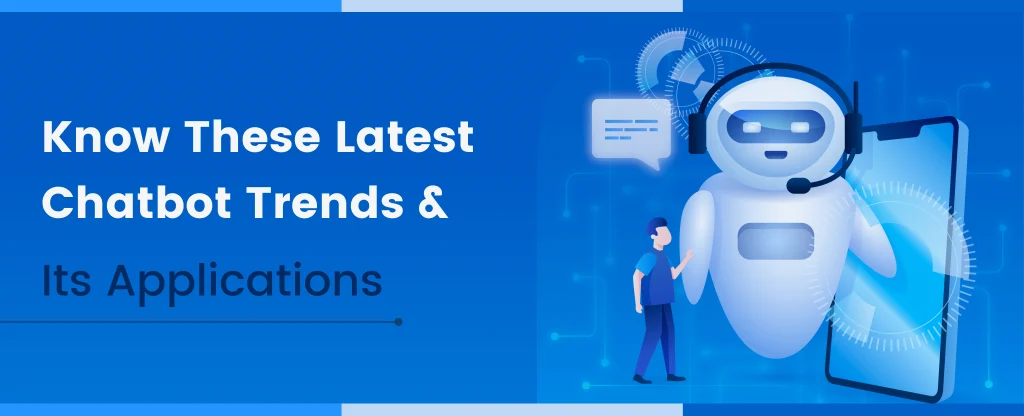
Eighty-two percent of consumers want quick answers and a rapid reaction from service providers in digital transformation. Even with your desire to offer your clients the most outstanding customer service representative, it may not be feasible to meet these requirements using only human labor.
Furthermore, it has an adverse effect on your staff members as well. For this reason, companies nowadays need to use AI chatbots. By bridging the gap between instantaneous and tailored interaction, AI chatbot trends in 2024 will go beyond simple advent and impact real-time client interactions.
Talk about AI chatbots’ futures is no longer focused on their possibilities; instead, it is now about their improvement, effectiveness, and creative uses.
It’s time to investigate the most recent advancements in chatbot development services, which will significantly improve the user experience as 2024 draws near. So, have your favorite cup of hot liquid and explore the fascinating realm of chatbots with us.
Chatbot Advantages for User Experience Enhancement
Computer programs that mimic human speech are known as chatbots. In addition, they can be applied to sales, marketing, and even human resources. Despite being in existence for some time, chatbots are constantly changing.
AI-powered chatbots are capable of comprehending complicated queries and giving precise responses. Chatbots are being used more and more frequently, and they swiftly become center stage in any company’s digital presence. As this is the case, AI-powered chatbots enhance digital transformation.
Among the many advantages chatbots can offer to enhance the user experience are:
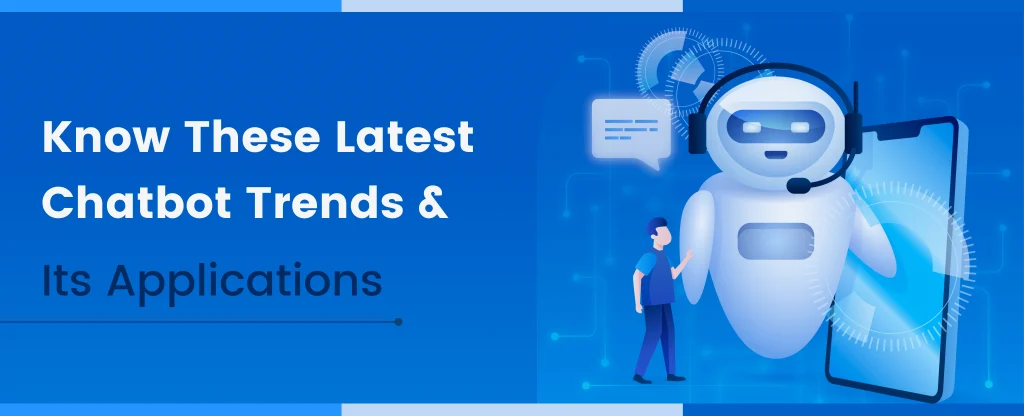
1. Cost-efficient
By eliminating the requirement for assistance from human employees, particularly for routine inquiries, chatbots can save expenses. Reduced operating expenses as an outcome enable companies to make more investments in various fields where the user experience is further enhanced.
2. Continuous Accessibility
Chatbots are always accessible, offering consumers prompt support whenever they need it. Offering assistance beyond usual business hours and speeding up response rates can improve the consumer’s experience.
3. Reliability
By responding consistently, chatbots can guarantee that every user gets the same caliber of assistance. This can enhance the user experience by lessening misunderstandings and annoyance brought on by unstable help.
4. Customization
Chatbots can be designed to tailor their communications with consumers according to their past exchanges, inclinations, and behaviors. Offering a customized experience that seems more human can enhance the user experience.
5. Performance and Quickness
Compared to human support employees, chatbots can respond to inquiries more quickly and manage more questions at once. By cutting down on delays and boosting productivity, this can enhance the user experience.
6. Adaptability
Chatbots are an excellent option for companies expanding because they can deal with a high volume of requests at once. Guaranteeing that assistance is accessible even during periods of intense interest can enhance the user experience.
7. Data Collection
Chatbots can gather information about users, including their tastes and decisions, that can be utilized to enhance future user experiences. Companies may use this method to comprehend consumer habits better and customize their services to suit their requirements.
Chatbot Trends & Technologies in Future
Chatbot development and technology will keep developing and getting more advanced in 2024. In the upcoming year, you can anticipate seeing the following top chatbot trends and technologies:
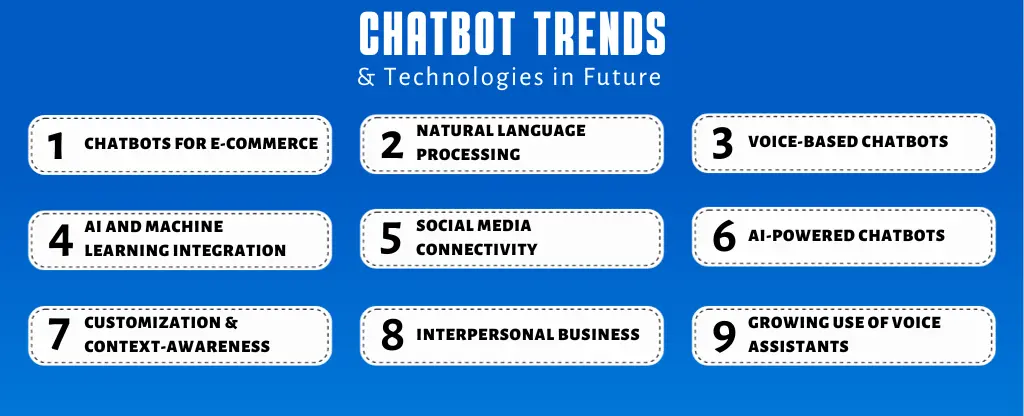
1. Chatbots for E-Commerce
Chatbots will be a valuable tool for online retailers for some time. They can assist users with product searches, order placement, and shipment tracking. Chatbots will get more competent and provide users with a more customized and exciting shopping experience.
An e-commerce app integrated with a customized loyalty program and chatbot-assisted features helps the business attain a competitive edge.
2. Natural Language Processing
Natural language processing, or NLP, is and will remain an essential ingredient of chatbots because it allows them to comprehend and analyze the user language. As natural language processing (NLP) advances, chatbots can understand and react to more sophisticated instructions and searches.
3. Voice-Based Chatbots
Further, companies will incorporate voice assistants like Google Home and Amazon Alexa into their chatbot tactics in 2024 as voice-based chatbots gain popularity. Voice-based chatbots will provide customers with an increasingly appropriate and organic means to communicate with companies.
4. AI and Machine Learning Integration
Chatbots will be incorporated with AI and machine learning (ML) to offer users more insightful and anticipatory answers to their questions. Chatbots will be capable of acquiring knowledge from customer conversations thanks to machine learning algorithms, which will eventually improve how they respond.
5. Social Media Connectivity
Chatbots will keep connecting to social media sites like Instagram, WhatsApp, and Facebook Messenger, enabling companies to communicate with clients on their preferred platforms. Social media chatbots give consumers a simple and customized approach to interacting with companies.
6. AI-powered Chatbots
Due to their ability to have more individualized and human-like discussions, AI-powered chatbots like HIX Chat are growing in popularity. Additional AI-powered chatbots that can comprehend human feelings and motives should be on the horizon by 2024.
There is a significant impact of AI in the mobile app development process, which helps in understanding changing customer interaction and behavior.
7. Customization & Context-awareness
Chatbots provide customized solutions according to consumer habits, tastes, and past interactions that are increasingly customized and context-aware. This will enable chatbots to give consumers data that is more pertinent and useful.
8. Interpersonal Business
Recently, there has been an increase in the acceptance of this trend. It alludes to the purchasing and selling of goods and services through interpersonal interactions or chatbots. This trend will continue in 2024 as companies seek to improve the user experience.
9. Growing Use Of Voice Assistants
Voice assistants are becoming more common. Examples of these include Apple Siri, Google Assistant, and Amazon Alexa.
Application of Chatbots in Different Sectors
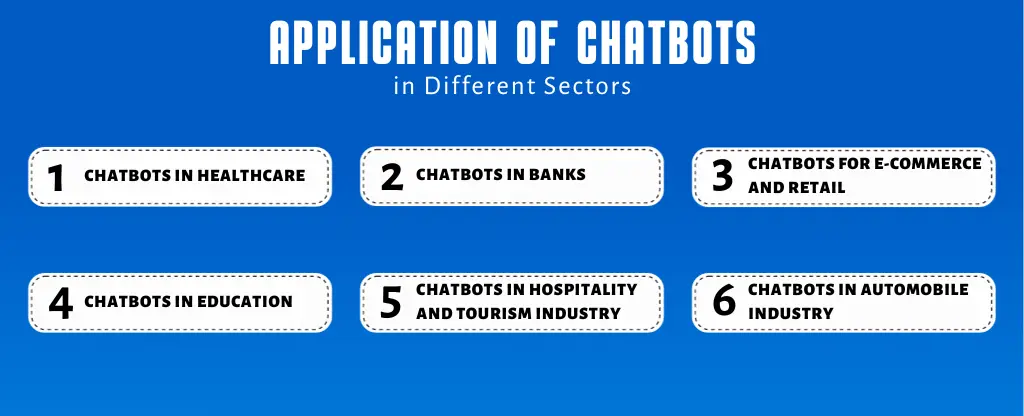
1. Chatbots in Healthcare
The healthcare sector is also adopting chatbots. According to research, the market is expected to grow to $1168 million by 2032. Virtual assistants like these provide significant savings in expenses.
AI in healthcare facilitates more efficient management processes. The doctor appointment booking app, integrated with effective AI-powered chatbots, improves the overall experience for both doctors and patients.
Healthcare chatbots improve the patient’s experience while saving costs by accelerating appointment scheduling, medication refills, and medical question responses.
2. Chatbots in Banks
Banks use Chatbots to assist clients with various tasks, including bill payments, money transfers, and account status checks. Banks will likely employ chatbots more frequently to assist clients with more complex functions like loan applications and financial guidance.
Chatbot banking is one of the recent technological innovations in the fintech industry, helping the banking sector with user conversation and functionality.
3. Chatbots for E-commerce and Retail
Chatbots have become a thing in the retail industry, increasing sales and customer loyalty. By providing individualized product recommendations, assisting with order tracking, and guaranteeing seamless purchasing experiences, they have significantly increased sales conversions.
Through the correct application of chatbots, numerous stores have seen up to a 70 per cent rise in conversion rates.
4. Chatbots in Education
Educational organizations use Chatbots to improve the learning experience and expedite management processes. These chatbots provide frequently asked questions assistance and help with course registration.
For example, an AI math solver helps students tackle difficult math problems by providing step-by-step guidelines.
Moreover, they give learners crucial knowledge, guaranteeing a seamless academic experience. Chatbot acceptance is improving student engagement and effectiveness in the education sector.
5. Chatbots in the Hospitality and Tourism Industry
Chatbots are transforming the way customers and travellers interact with services in the hotel and travel industries. Hotels and travel agencies use AI-driven assistants to speed up check-ins, simplify bookings, and offer instant recommendations for nearby restaurants or attractions.
To further enhance the guest experience, Chromecast for hospitality can be integrated into rooms, allowing guests to stream content from their devices to the in-room TVs, making stays more personalized and enjoyable.
Airlines use these for quick ticket sales and real-time flight information. By incorporating chatbots, the travel and hospitality industries guarantee a smooth and customized experience from reservation to stay to research, increasing customer loyalty.
6. Chatbots in Automobile Industry
Chatbots in the automotive industry are revolutionizing user service. They assist automobile owners with remote testing, investigating, and scheduled service.
Chatbots for cars provide immediate support and lessen the need for personal service meetings. Consequently, they enhance both operational productivity and customer loyalty.
Future of Chatbots
AI-driven chatbots are expanding very quickly. Data forecasts suggest that it will be more than $994 million. Consequently, this amounts to a gain of about $200 million annually. At roughly 22%, it is a remarkable compound annual growth rate (CAGR).
Particularly, chatbots are being incorporated into activities by companies of all sizes. In addition, smaller companies are setting the standard because they require effective client relationships.
Chatbots are here to stay, and as technology develops, they will only get more robust and more intelligent. Chatbots are going to be able to perform increasingly challenging functions with comfort, which will make them more valuable for companies trying to improve customer satisfaction.
Top Chatbot Trends in 2024 can assist you in elevating user satisfaction to a whole new level when appropriately implemented.
At Mindster, we are known as the leading mobile app development company with more than 13 years of excellence in crafting the best mobile app solutions. We develop these mobile solutions through our expert UI/UX design team.
Our team of expert and passionate designers and developers uses an AI-powered chatbot to be updated with innovations and current trends in the market through customer insights.
Let’s examine how the following trends in chatbots will influence AI chatbots in the future:
1. Human-like Chatbots
Chatbots will soon have interactions that resemble human conversation, owing to developments in NLP and ML. Chatbot interactions will feel more organic and exciting to users, increasing user satisfaction.
2. Frequent Voice Bots
Voice-activated chatbots will increase along with voice-activated assistants as they gain popularity. By enabling voice commands, this development will allow consumers to communicate with chatbots and increase their usefulness.
3. Customer Experience (CX) Propels Chatbots Usage
Companies will give chatbots top priority to provide outstanding customer service. These AI-powered organizations will enable smooth, customized, 24/7 support, increasing client happiness and retention.
The increased customer satisfaction and customer experiences achieved through the effective integration of chatbots point out that AI enhances digital transformation. This is significant in determining the future of chatbots.
4. AI Applications in Contact Centers
Chatbots will be crucial in changing contact centers as technology develops further. It is anticipated that they will advance to the point where they can operate contact centers independently, thanks to their rapid and accurate handling of routine requests.
Although human touchpoints will always be necessary for delicate and complicated conversations, combining chatbots and humans will usher in an era of entirely self-sufficient contact centers, which promise unmatched productivity and a reliable customer experience.
5. Rich Client Data to Shape Chatbot Actions
With customer service AI becoming more sophisticated, chatbots will be competent to examine enormous volumes of user data to learn about specific tastes and actions. Chatbots will provide extremely tailored responses and suggestions equipped with this knowledge.
- Agentic AI1
- Android Development3
- Artificial Intelligence32
- Classified App3
- Custom App Development5
- Digital Transformation12
- Doctor Appointment Booking App14
- Dropshipping1
- Ecommerce Apps40
- Education Apps2
- Fintech-Apps37
- Fitness App4
- Flutter4
- Flutter Apps20
- Food Delivery App5
- Grocery App Development1
- Grocery Apps3
- Health Care10
- IoT2
- Loyalty Programs9
- Matrimony Apps1
- Microsoft1
- Mobile App Maintenance2
- Mobile Apps128
- Product Engineering6
- Progressive Web Apps1
- React Native Apps2
- Saas Application2
- Shopify9
- Software Development3
- Taxi Booking Apps7
- Truck Booking App5
- UI UX Design8
- Uncategorized6
- Web App Development1









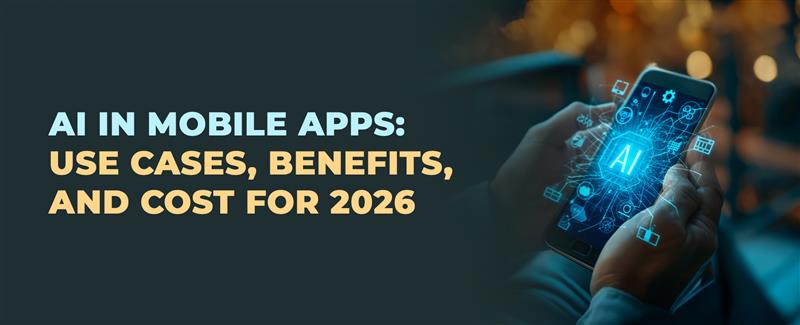
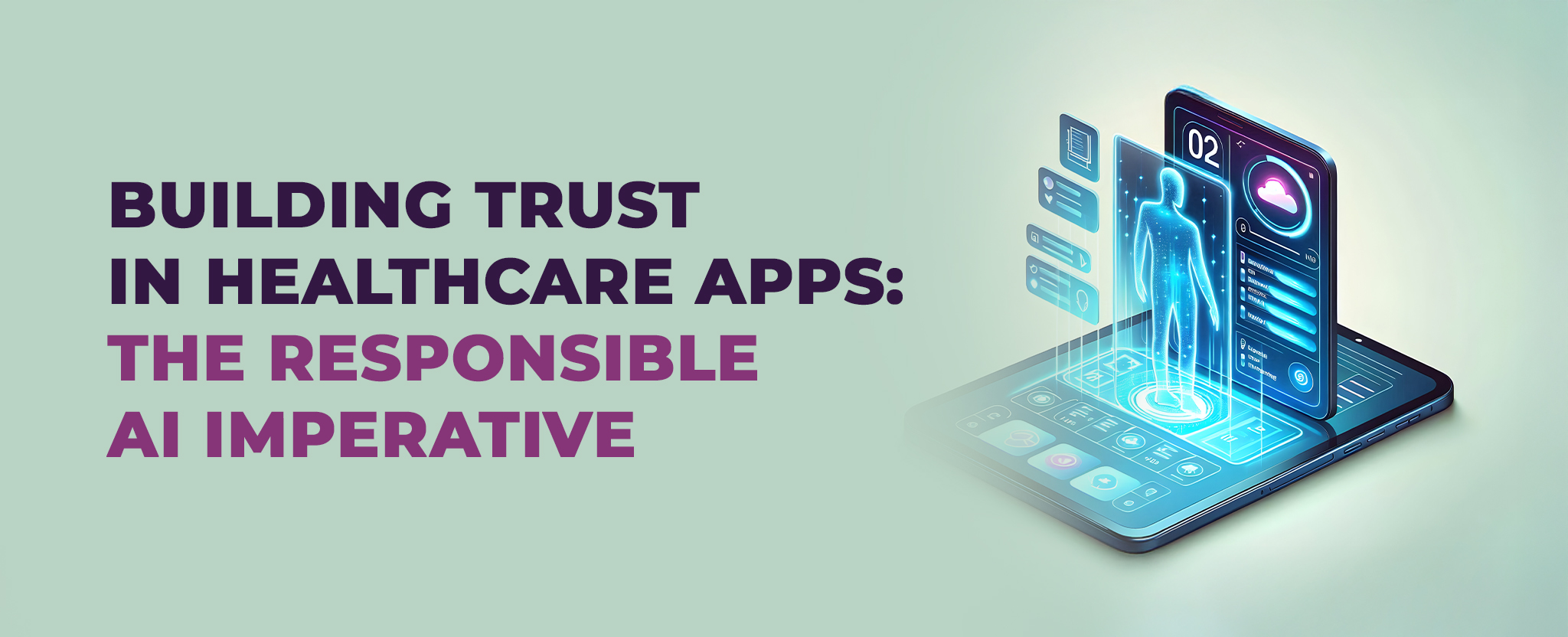
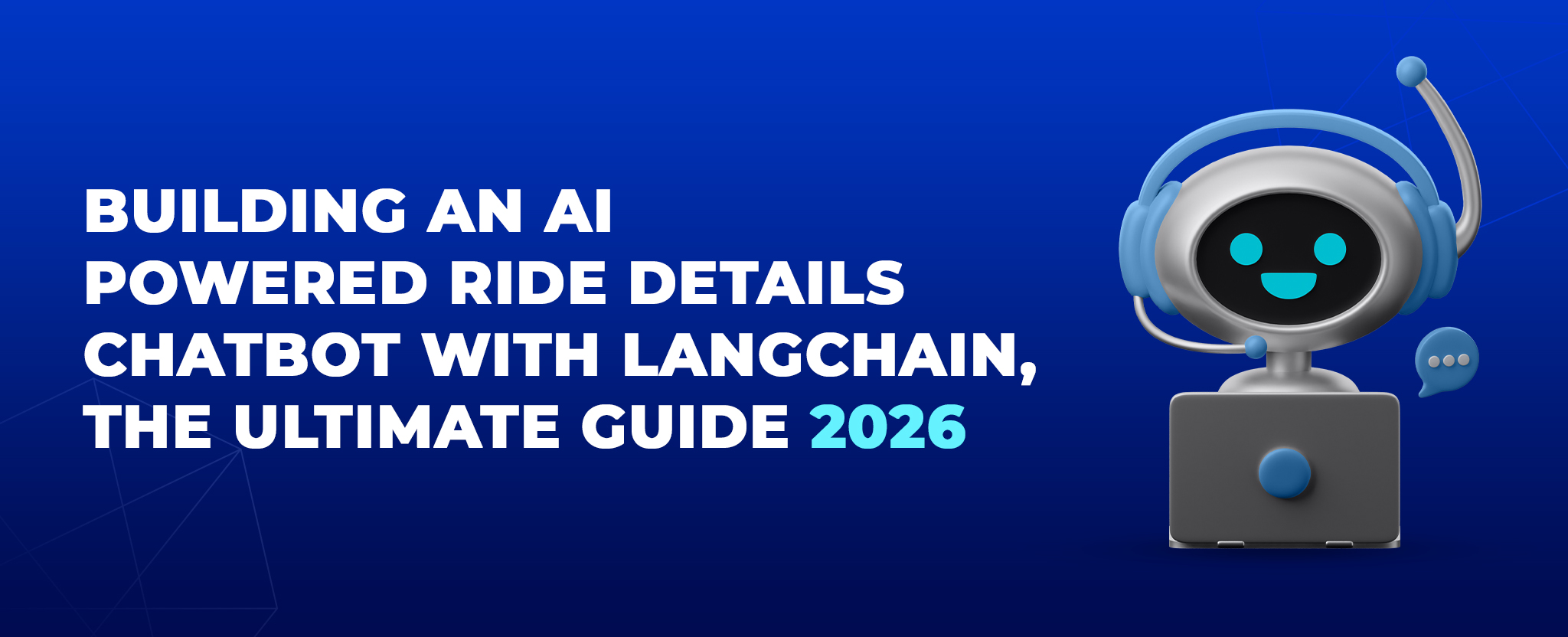
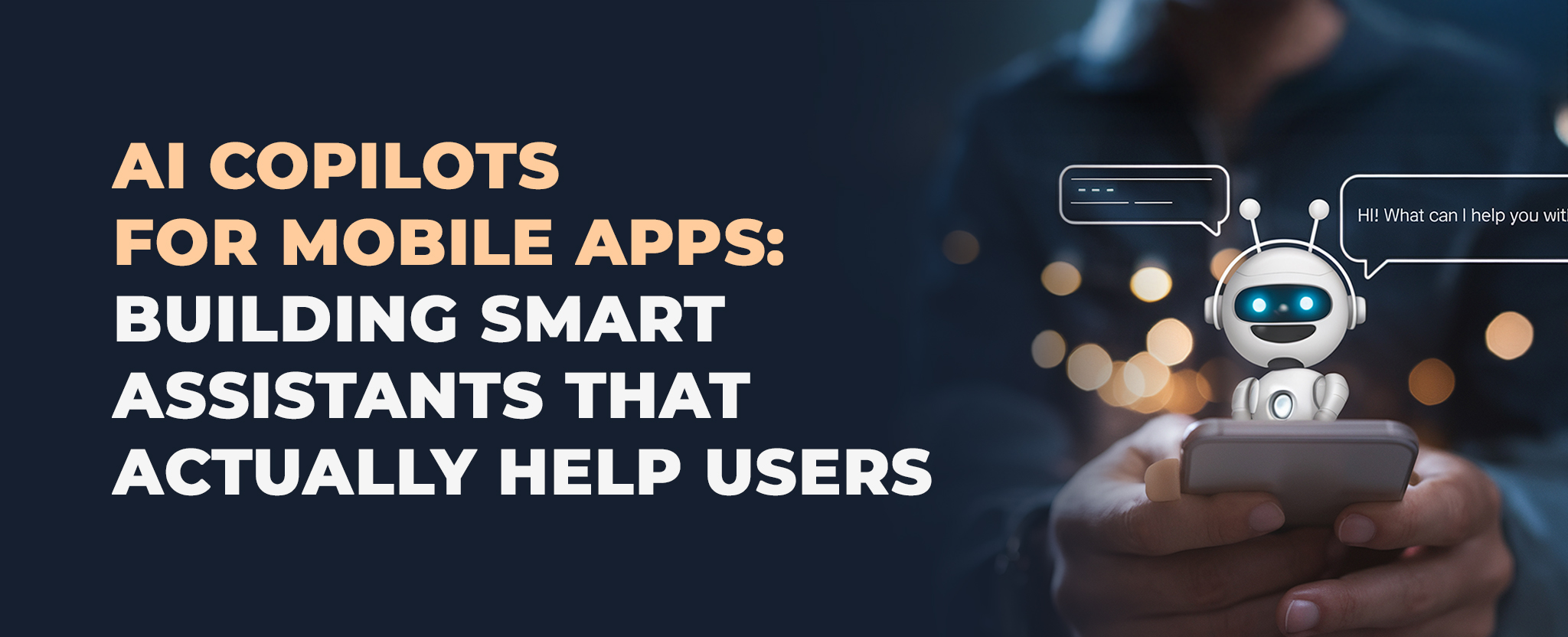






Comments